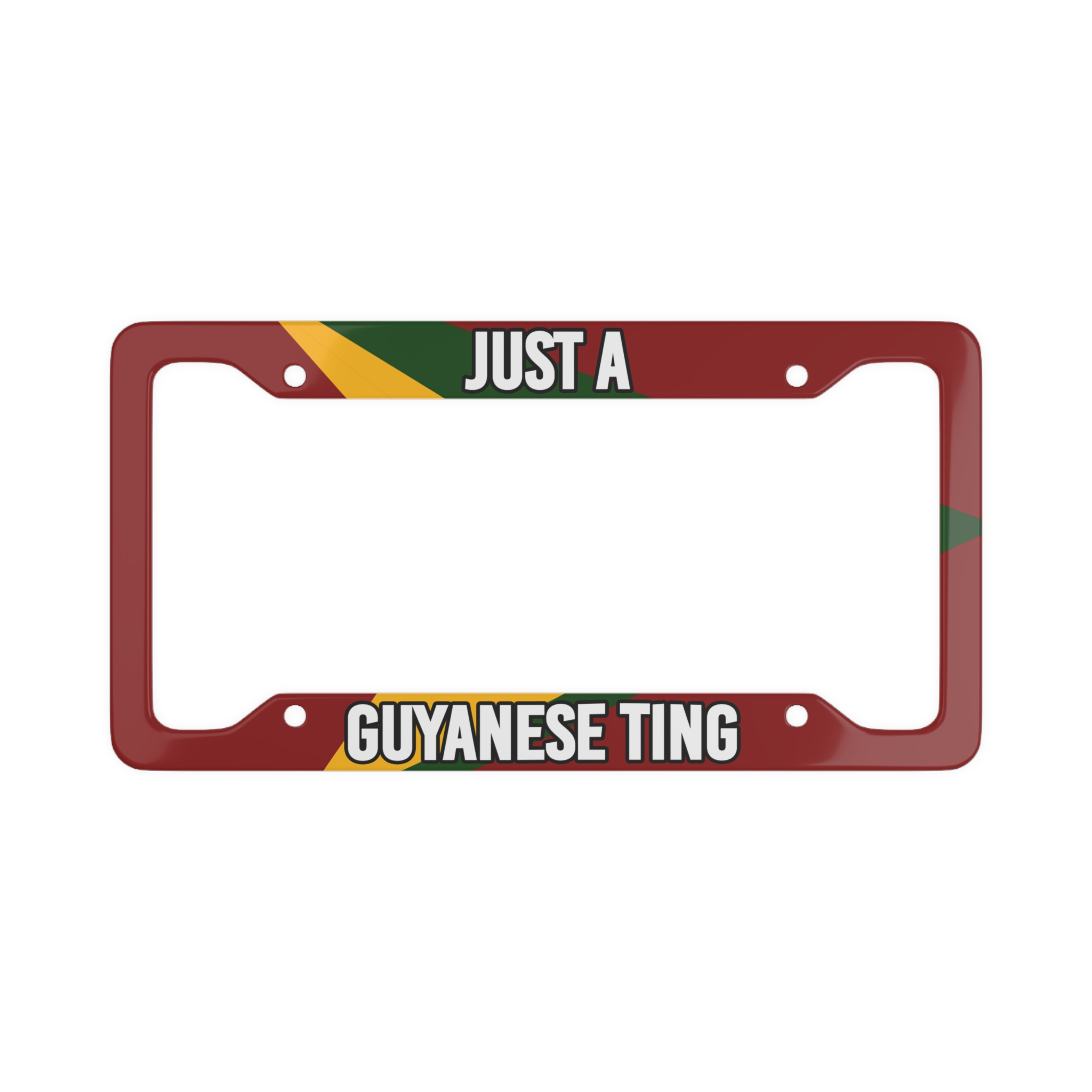Personal safety and well-being have always been at the fore-front of every human since time began, and it led to humans developing various weapon-less methods to defend. While every culture define their special moves and strikes, the Asian martial art practices have become the most preferred, and serves billions across the world in many ways. One key reason why the methods from the east work so well is because they literally practice the wide ranges of disciplines as an art, and learning begins shortly after a child can walk.
Learning self-defense martial arts has become more relevant than ever in crowded cities where weapons are banned and folks must rely on their limbs for defense against those who will illegally be armed and attacking. These practices not only equip individuals with techniques to protect themselves but also foster a myriad of physical, mental, and emotional benefits. Here’s a deeper look at why embracing self-defense martial arts is a transformative journey worth undertaking. Don't hesitate to get your kids started early, and even your self as an adult should get the basics. It's never too late to fight back.
1. Personal Safety and Empowerment
The most obvious benefit of learning self-defense is the ability to protect oneself. Martial arts teach techniques to evade, counter, and neutralize threats, which can make a significant difference in dangerous situations. Beyond physical skills, self-defense training instills confidence and empowerment, making individuals feel more secure in their ability to handle potential threats.
2. Physical Fitness and Health
Martial arts training provides a full-body workout that improves strength, endurance, flexibility, and balance. The consistent practice of techniques such as kicks, punches, and defensive maneuvers conditions the body and enhances cardiovascular health. Additionally, engaging in self-defense classes can lead to better coordination, muscle tone, and weight management.
3. Mental Resilience
Self-defense martial arts challenge the mind as much as the body. Practitioners learn to remain calm and focused under pressure, developing quick decision-making skills that are valuable both in and out of combat situations. The discipline and mental clarity cultivated through martial arts can help manage stress, improve concentration, and build resilience against life’s challenges.
4. Enhanced Situational Awareness
An essential component of self-defense training is learning to recognize and avoid potentially dangerous situations. Martial arts teach individuals to read their environment, assess risks, and stay vigilant. This heightened situational awareness not only reduces the likelihood of physical confrontations but also fosters a sense of mindfulness that benefits everyday life.
5. Confidence and Self-Esteem
There’s a unique sense of accomplishment that comes with mastering martial arts techniques and progressing through skill levels. This achievement boosts self-esteem and fosters a positive self-image. Knowing that you have the ability to protect yourself can transform the way you approach the world, instilling courage and assertiveness in various aspects of life.
6. Community and Camaraderie
Many self-defense classes and martial arts schools emphasize a sense of community. Training alongside others fosters friendships, teamwork, and mutual respect. The shared journey of growth and learning creates bonds that can provide emotional support and a sense of belonging.
7. Cultural Appreciation
Martial arts often carry rich traditions and philosophies rooted in their countries of origin. Learning disciplines like karate, taekwondo, or jiu-jitsu provides an opportunity to explore these cultural elements, deepening one’s understanding of global history and values.
8. Life Skills and Discipline
Martial arts are built on principles of discipline, respect, and perseverance. The structured nature of training teaches time management, goal setting, and consistency. These values often spill over into other areas of life, helping individuals excel in their personal and professional pursuits.
9. Gender Inclusivity
Self-defense martial arts are accessible to people of all ages, genders, and fitness levels. They can be especially empowering for women, offering tools and techniques tailored to overcoming size and strength disparities in potential threats.
10. Fun and Stress Relief
Beyond the practical benefits, martial arts can be an enjoyable and rewarding activity. The physical exertion helps release endorphins, combat stress, and boost overall mood. The sense of accomplishment from mastering a new technique or advancing to a higher belt level brings joy and fulfillment.
Conclusion
Learning self-defense martial arts is an investment in your safety, health, and personal growth. Whether you’re looking to gain confidence, improve fitness, or develop a new skill, the benefits of martial arts extend far beyond physical combat. It’s a path to empowerment, resilience, and a better understanding of oneself and the world. So, why not take the first step? The journey to mastering self-defense could be the most rewarding choice you ever make.

















